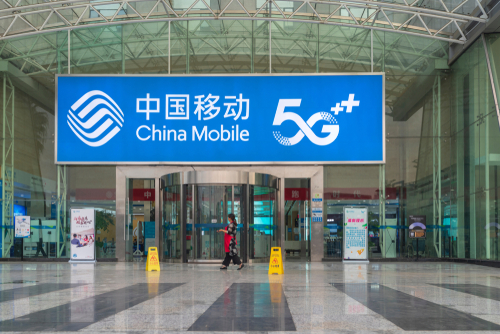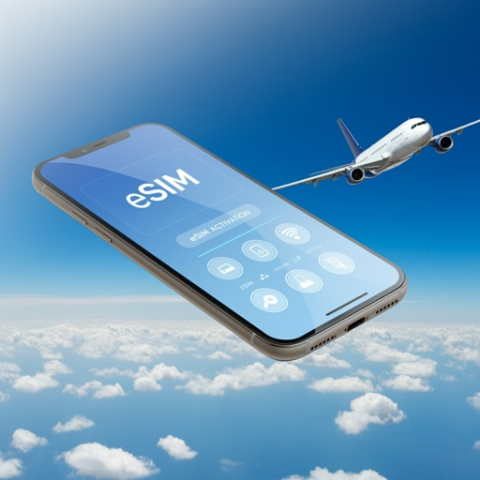

Private 5G networks are moving rapidly from industrial trial runs to mainstream corporate infrastructure, with standalone deployments now set to outpace legacy systems, according to global market intelligence firm SNS Telecom & IT.
Private 5G mobile networks are now being embraced by global brands including Airbus, Ford, Hyundai, Jaguar Land Rover, John Deere, LG, Tesla, Toyota, and Walmart. The appeal: faster speeds, ultra-low latency, and the ability to connect thousands of devices in real time with high reliability says SNS.
China leads adoption, backed by massive government investment in 5G installations across factories, ports, and mines. Some networks span thousands of base stations, powering autonomous truck fleets, hazard monitoring, and drone-enabled farming. Chinese vendors are also exporting these solutions to markets from Thailand to South Africa.

Businesses are using private 5G for applications such as remote-controlled cranes, digital twins of production lines, wireless quality control, and live broadcasting from hard-to-reach locations.
Tesla has eliminated factory vehicle stoppages caused by Wi-Fi dropouts; Lufthansa has cut cargo handling times by 60%; John Deere plans to reduce wired factory connections by 60%; and the French city of Istres has lowered surveillance camera installation costs by more than 80%.
Lower barriers to entry—such as new shared-spectrum rules—are encouraging more companies to buy directly from 5G equipment makers or work with specialist integrators, in addition to traditional mobile operators.
The market is still led by Ericsson, Nokia, Huawei, and ZTE, but a growing wave of challengers from startups to industrial heavyweightsis pushing modular, software-driven 5G solutionsm says the report.
Industry analysts agree the momentum is clear: as digitisation and automation accelerate, private standalone 5G is on track to become the default choice for enterprise connectivity, not just a cutting-edge experiment.
Full report HERE:









